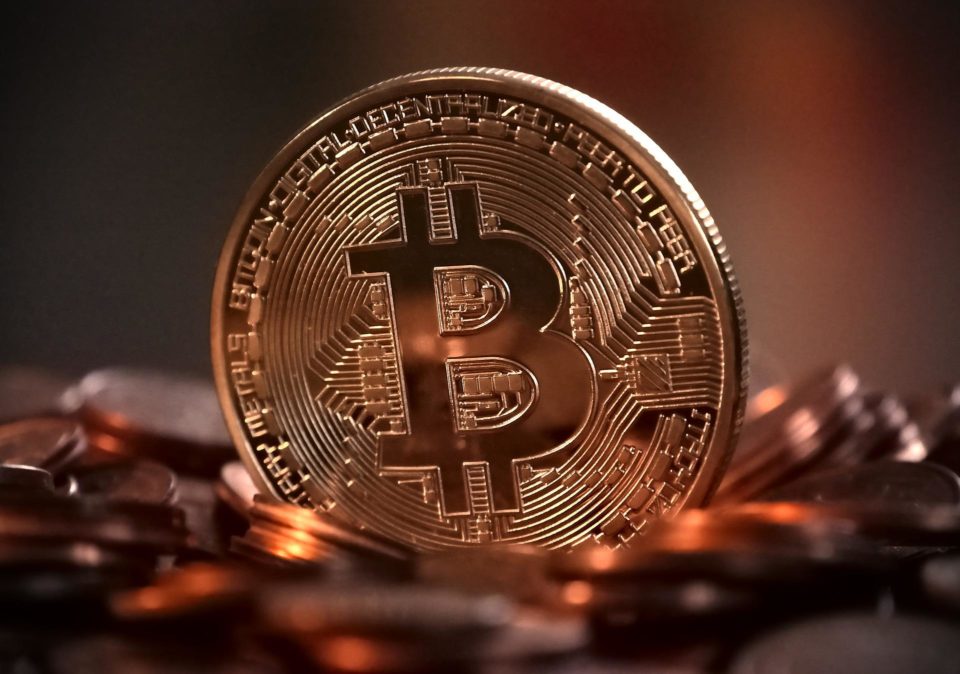
This article first appeared in El Mostrador on April 27, 2022.
Technology and its development opportunities have solved our lives in many everyday aspects, but they have also confronted us with ethical dilemmas and some risks that are of global concern, such as the use of personal data, or the increasingly common cybercrimes.
But, undoubtedly, one of the controversies worldwide is related to the expansion of cryptocurrencies and their scarce regulation and supervision -currently in the full debate-, which leaves the door open to various crimes and malicious uses that urgently need to be prevented.
It is not a question of crucifying digital assets and their use, but to put on the table the concerns evidenced since their origin, and which are linked to the lack of control by governments or regulators.
The above, considering that -according to Coinmarketcap, the most important reference portal for cryptocurrencies- the total value of funds invested in cryptocurrencies in the world as of December 2021 is estimated at 2.1 trillion dollars, an amount that exceeds that of the 12 largest banks in the world combined.
According to a report by the Financial Action Task Force (FATF), Virtual Assets have the potential to stimulate innovation and financial efficiency, but also create new opportunities for scams, illicit activities, terrorist financing, money or asset laundering, tax evasion, financial fraud, among others. This is because cryptocurrencies make it possible to carry out cross-border transactions quickly, as well as to acquire and transfer assets digitally, generally outside the regulated financial system, which makes it possible to disguise the origin or destination of the money, making it difficult to detect suspicious activities on time.
Hackers generally demand ransom through cryptocurrencies. A recent example was what happened to the iodine producer Atacama Minerals, which suffered the cyberattack of its financial files by hackers, who subsequently requested payment in Bitcoins to decrypt the hijacked information.
The extraterritoriality of transactions, i.e., that they can be carried out from anywhere in the world, hinders the detection of illicit activities and the application of criminal responsibilities, making cooperation between governments essential.
Likewise, the lack of transparency is another critical point to consider, especially in anonymous transactions, which even allow a person to have several accounts and make transfers between them, making it difficult to trace operations. In this sense, recently, the European Union took a step forward and voted a regulation that prohibits anonymity in cryptocurrency transfers, demanding to include information about their origin and beneficiary to the competent authorities.
In fact, in the context of the war, the use of cryptocurrencies in Russia has grown, as it is a way of not losing purchasing power in the face of sanctions, but also a way of circumventing them. In addition, there has been an increase in requests from Russian investors seeking to liquidate cryptocurrencies in the United Arab Emirates to protect their fortunes, which alerts the Western world and the need to know the origin and destination of the transfers.
It is for this reason that a recent report by the International Monetary Fund (IMF) requested a stricter international regulation for the cryptocurrency industry -as some bitcoin companies do-, requiring intermediaries, such as digital currency exchange houses, to have identity verification standards to prevent crimes. This is because the entity points out that cryptocurrencies are more popular in countries perceived as corrupt and with laxer capital controls, as opposed to countries in which the traditional financial sector is well developed.
Just as the constant is that technology advances faster than regulations, we cannot stand idly by as happened with mobile cab apps, which are still debating their legality in Chile. Nor can we ignore something that is a reality and, therefore, self-regulation is important, promoting a proactive behavior, with appropriate policies and procedures to prevent crimes associated with digital currencies, especially doing due diligence on customers and suppliers, establishing strong controls in all processes where they are involved.
We cannot wait for the law to come out; it is the same companies that work in this area that should start with self-regulation, as many of them are already doing. Let’s remember that the private sector has an important role in preventing money laundering, and just as the traditional financial industry is a great collaborator to stop criminals, traders should be too. Hopefully, it is the companies that follow the best standards, and that self-regulation can be established in the industry worldwide, isolating those that lend themselves to support criminals. The challenge is great, but the risk is greater.
By: Susana Sierra










